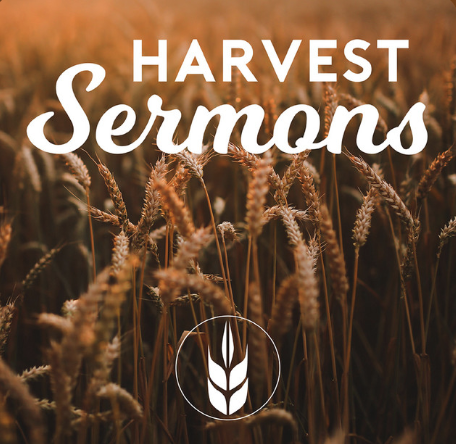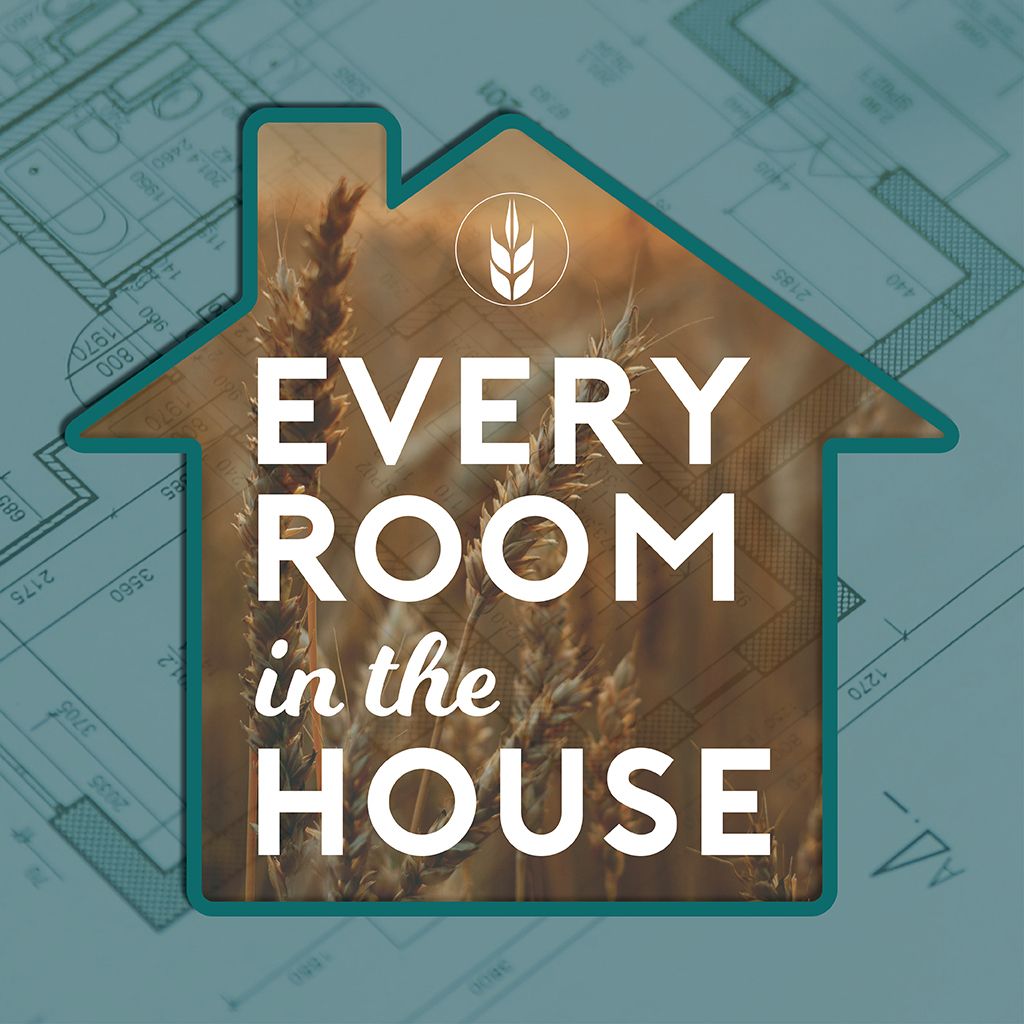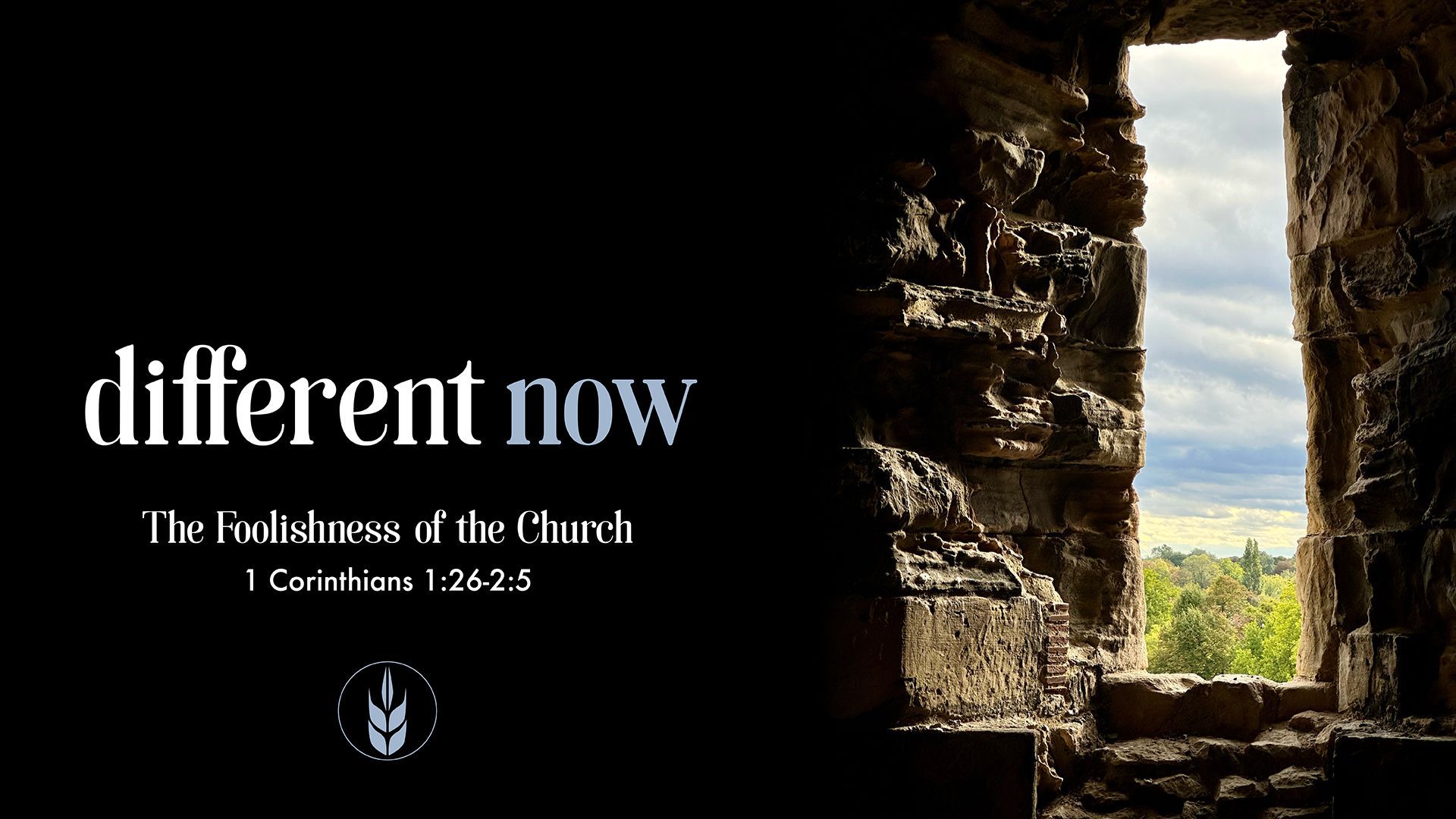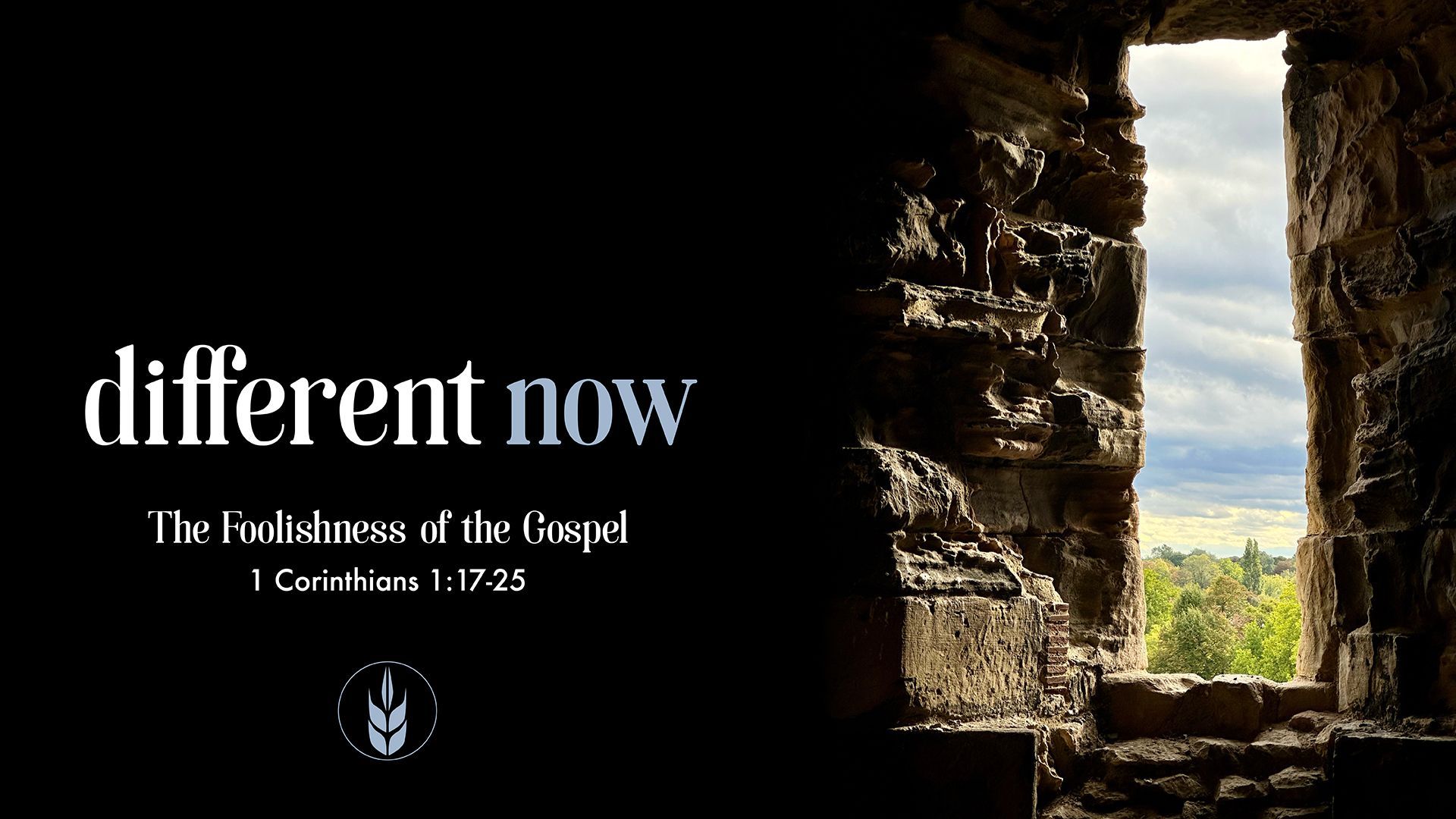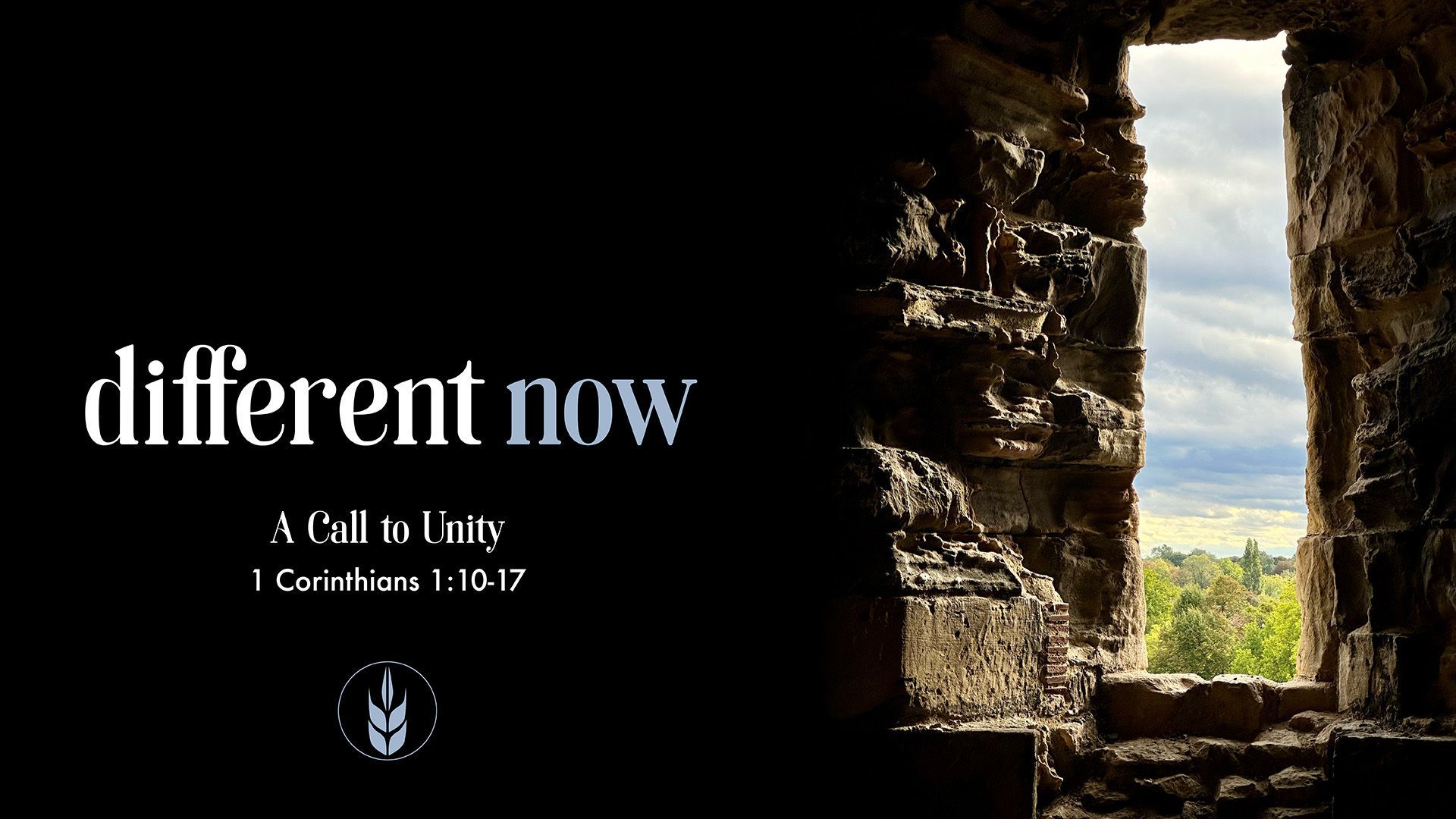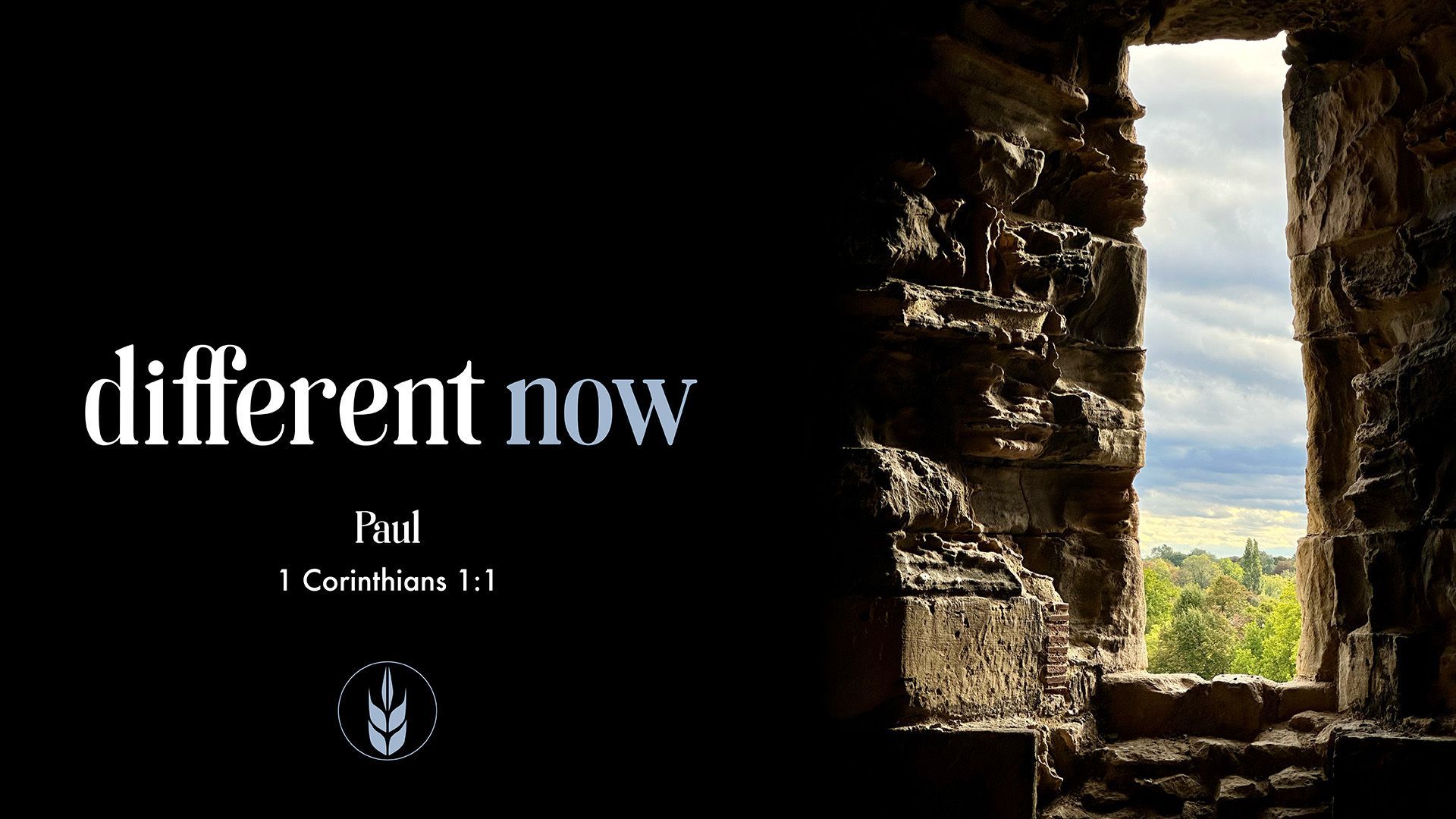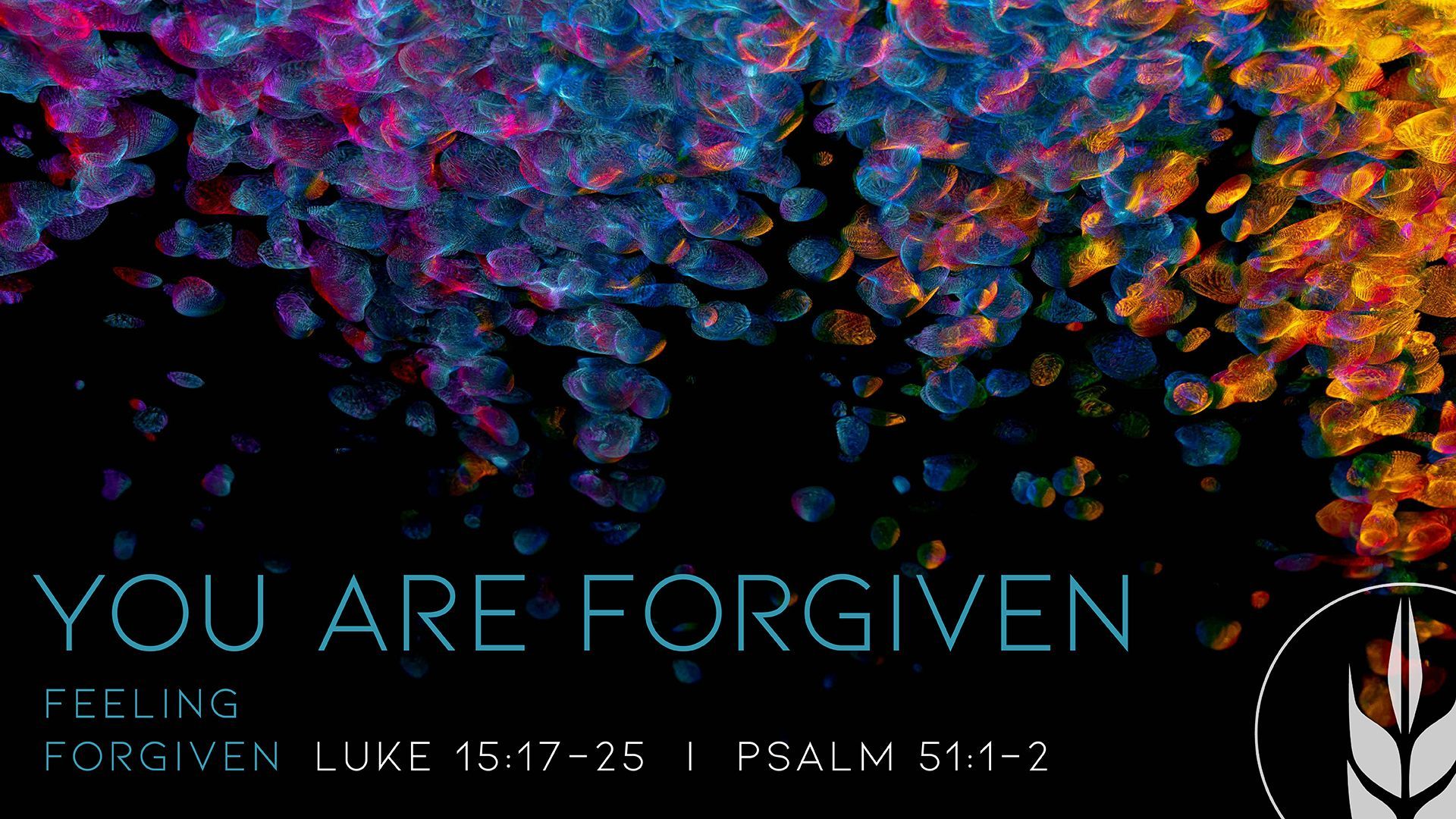
The Journey from Knowing to Feeling: Experiencing God's Forgiveness
There's a peculiar distance many of us navigate in our spiritual lives—the twelve inches between our heads and our hearts. We intellectually understand that we're forgiven, yet something inside continues to whisper accusations. We hang ourselves on an invisible hook, wearing a shirt labeled "guilty," passing by ourselves day after day, sometimes with shame, sometimes with sarcasm, but never quite getting off that hook.
This internal struggle is more common than we might think. The knowledge of forgiveness sits comfortably in our minds while our hearts remain burdened with guilt and regret. Even more troubling, unresolved guilt often sends us spiraling back into the very behaviors that created it in the first place.
Meeting the Prodigal Father
The parable commonly known as "The Prodigal Son" deserves a new name: "The Prodigal Father." The word "prodigal" doesn't mean lost or sinful—it means extravagant, even wasteful. And the most extravagant character in this story isn't the rebellious son but the waiting father.
Picture the scene from Luke 15: A young man essentially tells his father, "I wish you were dead—give me my inheritance now." He takes his share, squanders it on wild living, and ends up in a pig pen, longing to eat what the pigs were eating. For a Jewish man, this represents rock bottom.
But then comes the moment of clarity: "When he came to his senses." This is the turning point we all need—the recognition that "this is not who I am."
The son rehearses his confession: "Father, I have sinned against heaven and against you. I am no longer worthy to be called your son. Make me like one of your hired servants."
Here's where the story becomes radical. While the son is still far off, the father sees him. The father is filled with compassion. The father runs to his son, throws his arms around him, and kisses him.
When we turn to God, we can expect this kind of welcome—so extravagant that some might call it wasteful. The welcome is the same regardless of where we've been or what we've done. And notice the father's word: "Quick! Bring the best robe and put it on him."
Quick.
Not "make him grovel first."
Not "let him beat himself up for a while."
Just quick.
God is like a terrible poker player who always shows His hand. And what's in His hand? Forgiveness. Always forgiveness.
Calling Things What They Are
Sometimes we don't feel forgiven because we've softened our language around sin. We call it a mistake, a slip-up, or a white lie. But confession—from the Greek "homologeo"—literally means "to say the same thing." When we confess, we're agreeing with God about what we've done.
King David, after committing adultery with Bathsheba and arranging her husband's murder, wrote Psalm 51. He didn't minimize his actions. He used three powerful words:
- Transgression - This means rebellion, a deliberate crossing of God's boundaries. David didn't call his adultery a "midlife crisis" or "exploring his sexuality." He called it what it was: defiance of God's authority.
- Iniquity - This means twisting or bending truth, making good look evil and evil look good. It's the word games we play: "I'm not gossiping, it's just a prayer request." "I'm not lying, I'm just leaving out details." "I'm not being disobedient, I'm following my heart."
- Sin - An archery term meaning "missing the mark." God has a purpose for everything He created—our bodies, relationships, words—and when we use them outside His purpose, we miss the target.
When we call things what God calls them, we position ourselves to experience the fullness of His forgiveness.
The Power of Confession to Another
James 5:16 instructs us: "Therefore confess your sins to each other and pray for each other so that you may be healed."
If confession to God alone hasn't brought the feeling of forgiveness, it's time to share with another trusted Christian. This isn't about playing church or wearing masks. It's about stepping into the light with our whole selves.
The process is simple but vulnerable: Identify what you're not feeling forgiven about. Pray and ask God to reveal anything else and to show you someone trustworthy. Ask that person if they'd meet with you. Then share honestly.
For the person receiving confession, the response is equally straightforward: Listen intently. Look them in the eye. Then say, "In Jesus' name, and on the authority of the Word of God, you are forgiven." Finally, pray a blessing over them.
This practice unlocks something powerful in our experience of forgiveness.
True Repentance: Love, Not Self-Punishment
Second Corinthians 7 distinguishes between two kinds of sorrow. Worldly sorrow is self-centered—focused on how we feel, often just sorry we got caught. It leads us to numb out or escape.
Godly sorrow is other-centered—focused on the hurt we've caused someone else. When we see our actions through another's eyes, when we walk in their shoes, it produces genuine change. This is repentance: changing how we think, which leads to changing how we live.
Christian motivation to change comes from love, not self-punishment. We want loving relationships with God and others, and we want to act consistently with that desire.
Two tumors often need the laser of repentance: sinful pride ("I can't believe someone like me would do that") and taking God's place as judge ("I can't forgive myself"). God alone is both judge and forgiver.
Making Amends
Where appropriate and possible, making amends can unlock the experience of forgiveness. This isn't about earning forgiveness but about healing.
Consider the story of a woman who, as a child, stole six dollars from her babysitter and blamed another kid. Years later, as a Christian, she knew intellectually that God had forgiven her, but guilt nagged. She tracked down the babysitter, wrote a letter explaining, and sent twenty dollars. From the moment she dropped it in the mailbox, the guilt vanished.
Zacchaeus demonstrated this principle when he met Jesus, declaring he would give half his possessions to the poor and pay back four times what he'd cheated from others. This wasn't to earn forgiveness but to experience its full reality.
The Daily Reminder
Our brains only listen to us. We must tell ourselves the powerful truth: "You are forgiven." Write it down. Put it on your mirror. Repeat it daily.
God does not deal with us on the basis of our sins. We are new creations, beloved daughters and sons. This isn't just theological truth—it's meant to be our lived experience.
The journey from head to heart may be only twelve inches, but it's a journey worth taking. God's extravagant forgiveness is already extended. Now it's time to receive it fully, walk in it freely, and live in the light of His radical love.
Hit play to listen to the sermon this blog is based on
At Harvest Vineyard, we believe we are better together, in community. We're glad you're here.
ENCOUNTER CHRIST.
EXPERIENCE COMMUNITY.
LOVE THE WORLD.
We believe that experiencing the love and mercy of God is more effective in bringing change to people's lives than rules, guilt, and condemnation. We have attempted to make our community a place where people can come as they are and still experience love and mercy. At the same time, we desire to learn and apply the truth of God to our lives and learn how to speak truth to one another.

